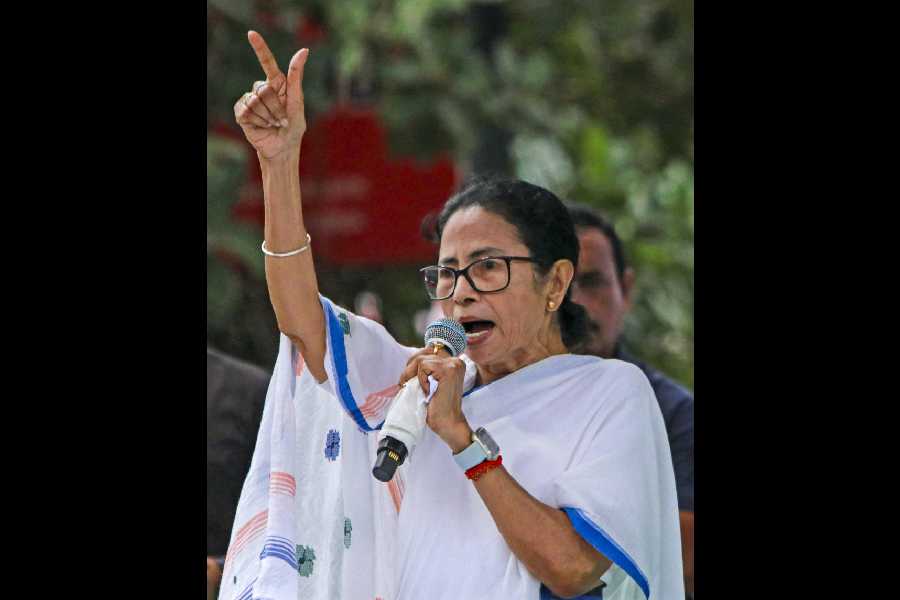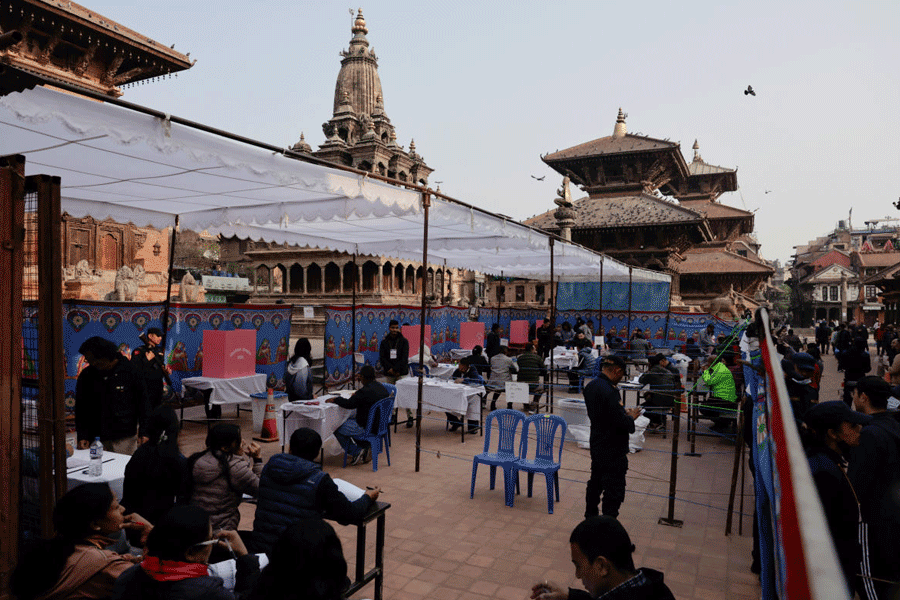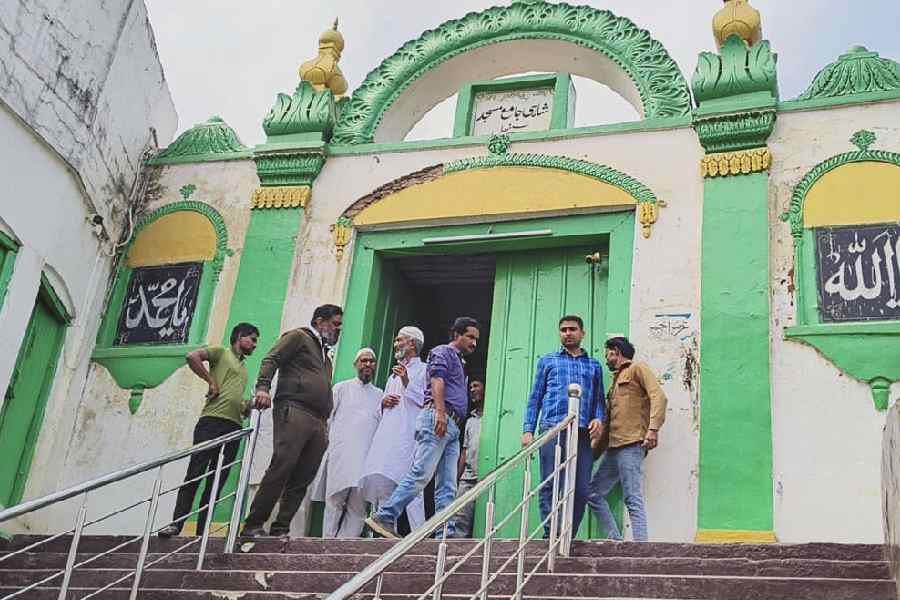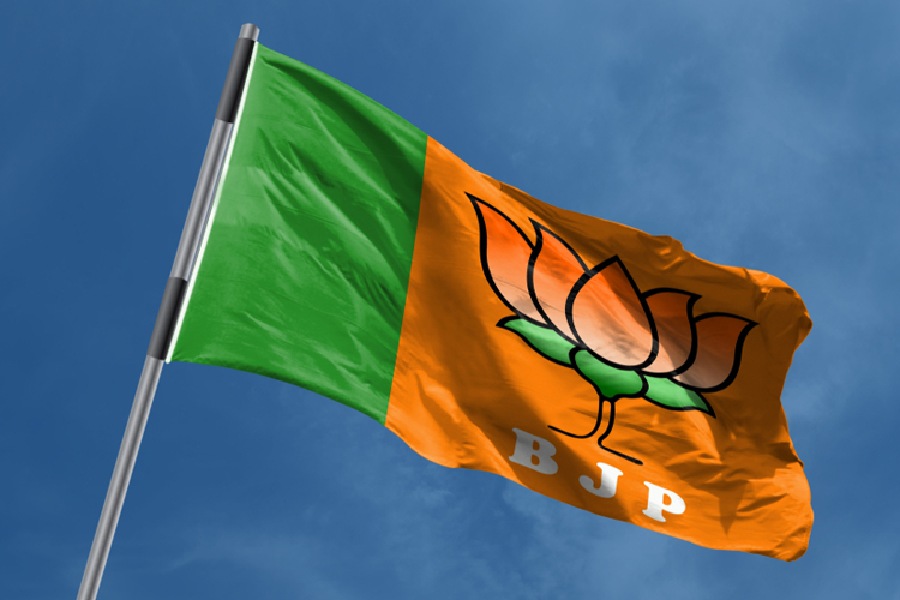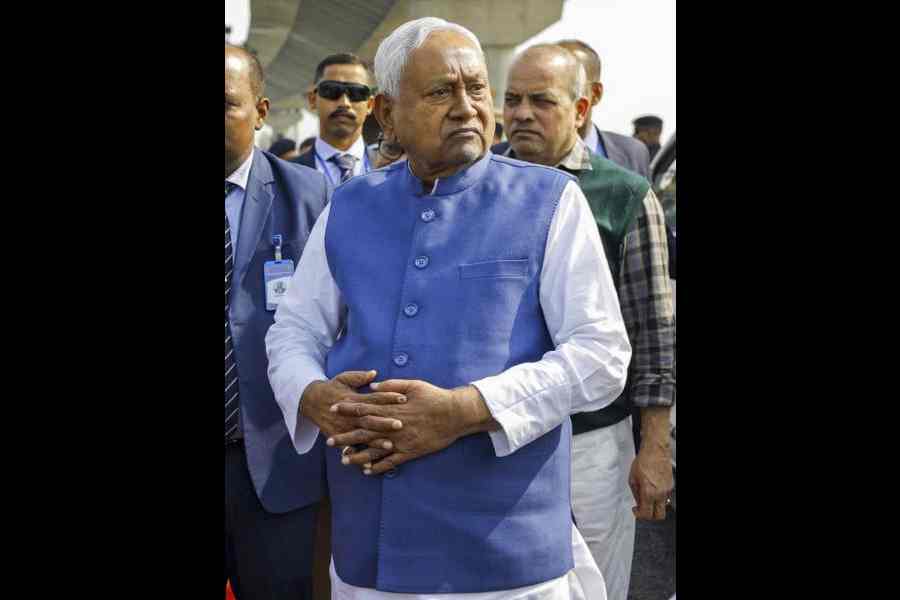The Supreme Court on Monday stayed Calcutta High Court’s stay on the Bengal government’s decision to increase the number of OBC sub-castes from 64 to 140, noting that even the nine-judge Indra Sawhney judgment of 1992 mandated periodic revisions of OBC lists.
“…This (high court stay) is surprising; how can the high court pass a stay like this?” Chief Justice of India B.R. Gavai, who headed the three-judge bench, said.
On July 17, a division bench of Justice Tapabrata Chakraborty and Justice Rajasekhar Mantha had stayed the Bengal government’s notification on a petition from the NGO Atmadeep, ruling the state should have taken the matter to the legislature.
“Reservation is part of the executive functions and there is no need for legislation. We are surprised at the high court’s reasons,” Justice Gavai observed orally.
“...Prima facie, the order is totally erroneous,” he added.
The bench, which included Justice Vinod Chandran and Justice N.V. Anjaria, posted the matter for further hearing after two weeks.
Earlier, the bench had suggested it would have the high court reconsider the matter afresh. However, on requests from lawyers appearing for the petitioners and interveners in the high court — who had challenged the state’s decision — agreed to hear the matter itself.
Dealing with the Bengal government’s appeal against the high court stay, the apex court said the high court had taken a view contrary to the 1992 Indra Sawhney judgment that held that periodicrevisions of OBC lists was mandatory.
The Indra Sawhney judgment, delivered by a constitution bench, had laid down the framework for OBC reservations, following agitations against the V.P. Singh government’s acceptance of the Mandal Commission’s recommendations in 1990.
Justice Gavai referred to portions of the high court judgment, particularly where it had observed: “…However, prima facie, it appears that the respondents are proceeding in hot haste and are attempting to bring in the self-same classes and to re-introduce the percentage of reservation, which have been struck down by this court, by executive orders and not in exercise of state’s legislative functions….”
The apex court observed: “It is an executive function. Executive instructions are enough for providing reservations and legislation is not necessary. We are surprised….”
The high court’s remark had referred its decision last year to quash an earlier attempt by the state to categorise new sub-castes as OBCs. However, on March 18 this year, the Bengal government had informed the Supreme Court that it would undertake a fresh exercise to classify potential OBC beneficiaries.
Senior advocate Kapil Sibal, appearing for the Bengal government, said that if the high court order was not stayed, it would affect appointments to 9 lakh posts as well as promotions.
He argued that the high court had not found fault with the State Backward Classes Commission’s report, on the basis of which the new OBC list had been notified. Yet, it stayed the notification, he complained.
Senior advocates Ranjit Kumar and Guru Krishna Kumar, appearing for the original petitioners before the high court, said the state and the commission had not collected any data and that the high court had rightly stayed the notification.
“If you (both sides) are willing, we will direct the high court to hear the matter in the stipulated timeline. Till then, status quo will be maintained…,” Justice Gavai said.
“...We will direct the high court to hear it in 6-8 weeks, request the chief justice to make a special bench.”
However, Ranjit Kumar and Guru Krishna Kumar insisted that the apex court itself examine the matter.

